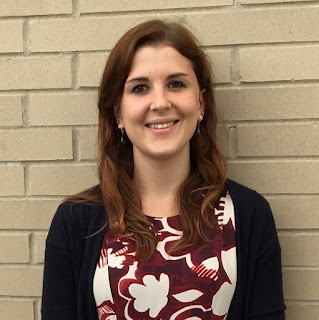Neuroprosthetics for Speech and Challenges in Informed Consent

By Hannah Maslen Hannah Maslen is the Deputy Director of the Oxford Uehiro Centre for Practical Ethics , University of Oxford. She works on a wide range of topics in applied philosophy and ethics, from neuroethics to moral emotions and criminal justice. Hannah is Co-PI on BrainCom, a 5-year European project working towards the development of neural speech prostheses. Here, she leads the work package on ‘Ethics, Implants and Society’. Scientists across Europe are combining their expertise to work towards the development of neuroprosthetic devices that will restore or substitute speech in patients with severe communication impairments. The most ambitious application will be in patients with locked-in syndrome who have completely lost the ability to speak. Locked-in syndrome is a condition in which the patient is awake and retains mental capacity but cannot express himself or herself due to the paralysis of afferent motor pathways, preventing speech and limb movements (ex...


